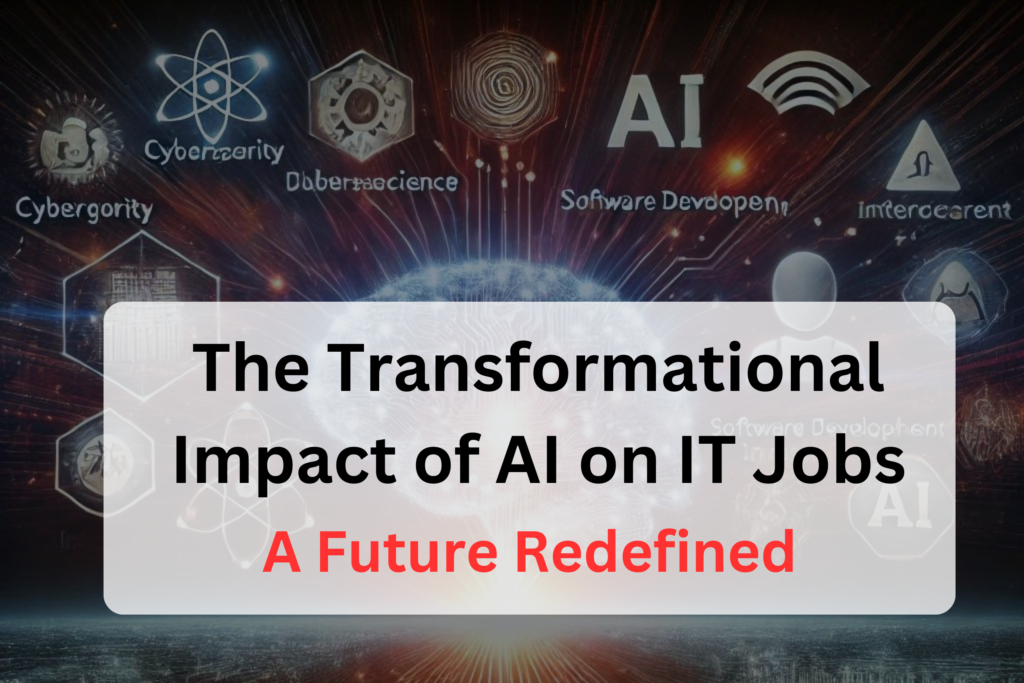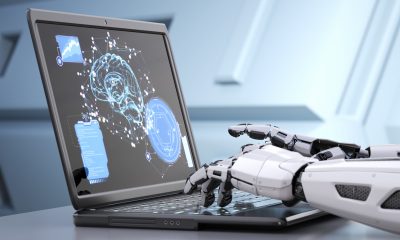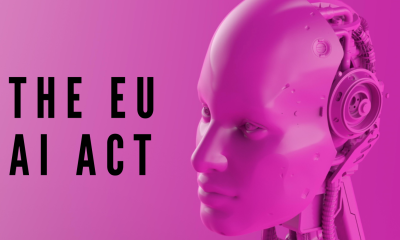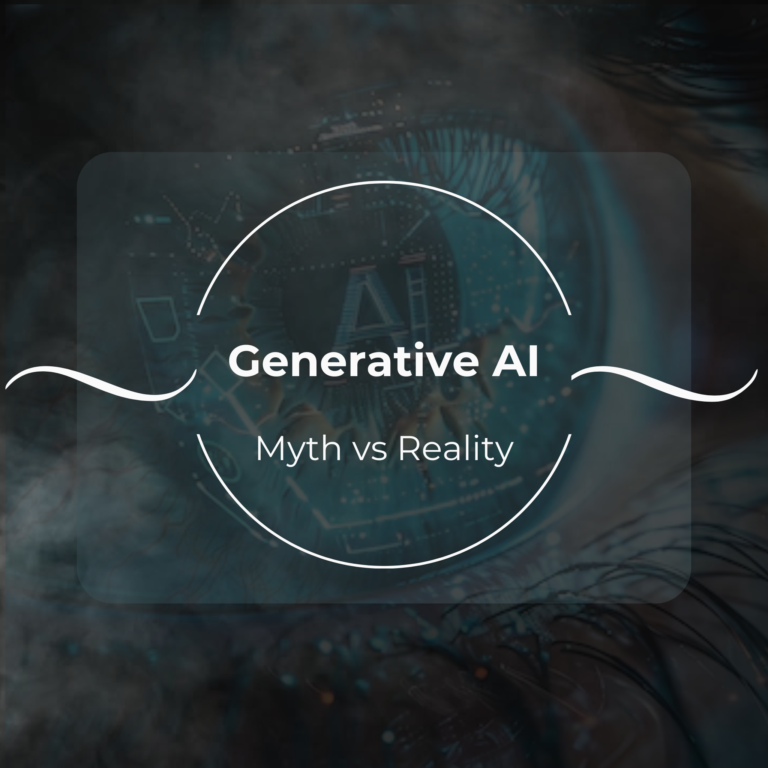

The rapid advancement of Artificial Intelligence (AI) is not just an incremental change in technology but a seismic shift that is set to redefine the landscape of IT jobs. According to a report by the AI-Enabled ICT Workforce Consortium, an astonishing 92% of IT roles will experience significant transformation due to AI. As AI integrates into the fabric of IT, the nature of work, required skills, and career pathways will undergo profound changes.
The AI-Driven Shift in IT Roles
AI is poised to transform IT jobs at all levels, with mid-level and entry-level positions being the most impacted. According to the report, 40% of mid-level and 37% of entry-level IT roles will see a substantial shift in their skill requirements. As AI takes over routine and manual tasks, roles that once focused on these areas are evolving or even becoming obsolete. For example, traditional data management and basic programming tasks are increasingly being automated, reducing the demand for these skills.
In contrast, there is a growing need for expertise in areas such as AI ethics, responsible AI, large language model (LLM) architecture, and rapid engineering. These are skills that were once considered niche but are now becoming critical as AI becomes more integrated into IT processes. Professionals who can adapt to these new demands will find themselves in high demand, while those who do not may struggle to keep up with the rapid pace of change.
The Rising Importance of AI Literacy and Ethical AI
As AI becomes a cornerstone of IT, AI literacy is emerging as a fundamental skill. Understanding how AI works, its potential applications, and its limitations is essential for IT professionals at all levels. This literacy extends beyond just knowing how to use AI tools—it includes understanding the ethical implications of AI. Responsible AI development is crucial to ensure that these powerful technologies are used in ways that are fair, transparent, and beneficial to society.
The report highlights the importance of ethical AI as a key area of focus. As AI systems become more autonomous, the need for ethical guidelines and oversight becomes increasingly critical. IT professionals will need to be equipped with the knowledge and skills to develop and implement AI in ways that minimize bias, protect privacy, and ensure accountability.
The Consortium’s Commitment to Upskilling
Recognizing the need for widespread upskilling, the AI-Enabled ICT Workforce Consortium, which includes industry giants like Cisco, IBM, Intel, Microsoft, SAP, and Google, has made significant commitments to training the workforce of the future. These companies are investing heavily in AI and digital skills training, aiming to upskill millions of people globally over the next decade.
For instance, Cisco has pledged to train 25 million people in cybersecurity and digital skills by 2032, while IBM plans to train 30 million people by 2030, with a focus on AI skills. Intel is set to train over 30 million individuals in AI skills by 2030, and Microsoft has already surpassed its goal of training 10 million people in digital skills by 2025. SAP and Google are also contributing to this global effort, with SAP committing to upskill 2 million people by 2025 and Google providing over $130 million in funding to support AI training across various regions.
This collective effort underscores the importance of preparing the current and future workforce for the AI-driven transformation of IT jobs. By investing in education and training, these companies are not only ensuring their own competitiveness but also helping to create a more inclusive and equitable job market.
The Future of IT Jobs in an AI-Driven World
As AI continues to reshape the IT landscape, the nature of IT jobs will continue to evolve. Traditional roles will be redefined, and new roles will emerge that require a different set of skills and knowledge. IT professionals who are proactive in adapting to these changes will find new opportunities in this evolving field.
For example, roles such as AI engineers, data scientists, and AI ethics specialists are becoming increasingly important. These roles require a deep understanding of AI technologies, as well as the ability to apply them in ways that are both innovative and responsible. As AI continues to evolve, the demand for these roles will only increase.
Moreover, the integration of AI into IT also opens up new possibilities for innovation. IT professionals who can harness the power of AI to solve complex problems, optimize processes, and drive business growth will be at the forefront of this transformation. The ability to think creatively and strategically will be just as important as technical skills in this new era.
Conclusion: Preparing for the AI Transformation
The transformation of IT jobs by AI is not a distant future—it is happening now. With 92% of IT roles expected to be affected by AI, it is crucial for IT professionals and organizations to prepare for this shift. By embracing AI literacy, ethical AI practices, and continuous learning, IT professionals can position themselves for success in an AI-driven world.
The AI-Enabled ICT Workforce Consortium’s efforts to upskill millions of people globally highlight the importance of preparing the workforce for these changes. As the industry adapts to the new reality of AI, those who are prepared will thrive, while those who resist may find themselves left behind.
In this rapidly changing landscape, the key to success lies in adaptability, continuous learning, and a commitment to ethical AI practices. By staying informed and proactive, IT professionals can navigate the challenges and opportunities of the AI era and build a future where technology works for the benefit of all.
For more information on the transformative impact of AI on IT jobs and the initiatives being undertaken by industry leaders, you can refer to the detailed report from the AI-Enabled ICT Workforce Consortium.





